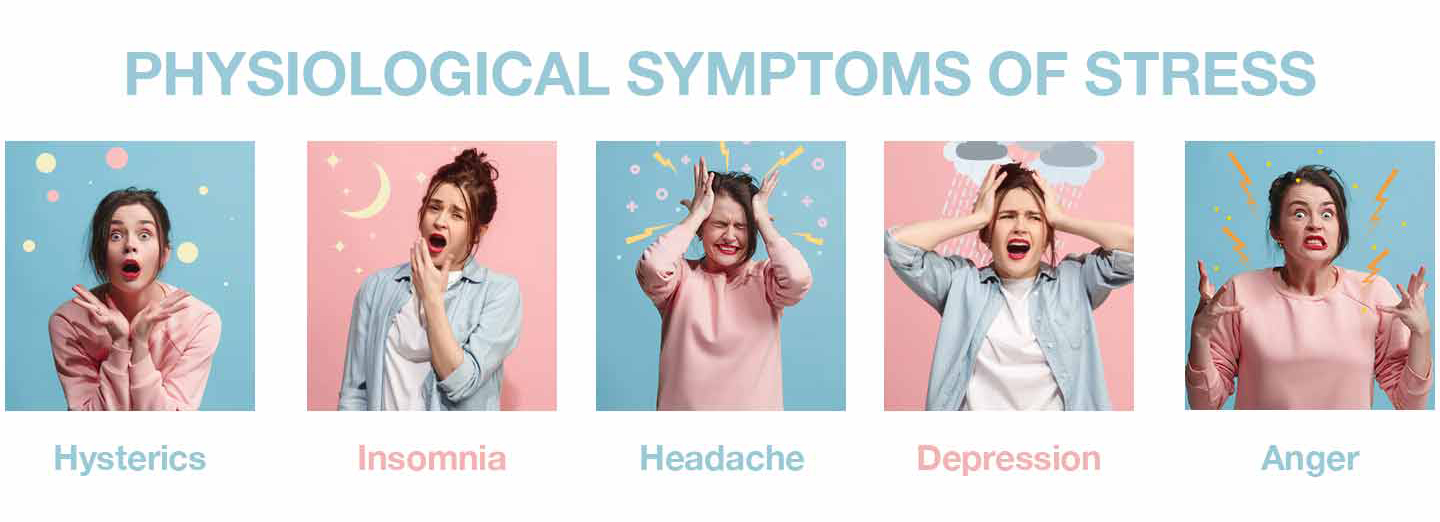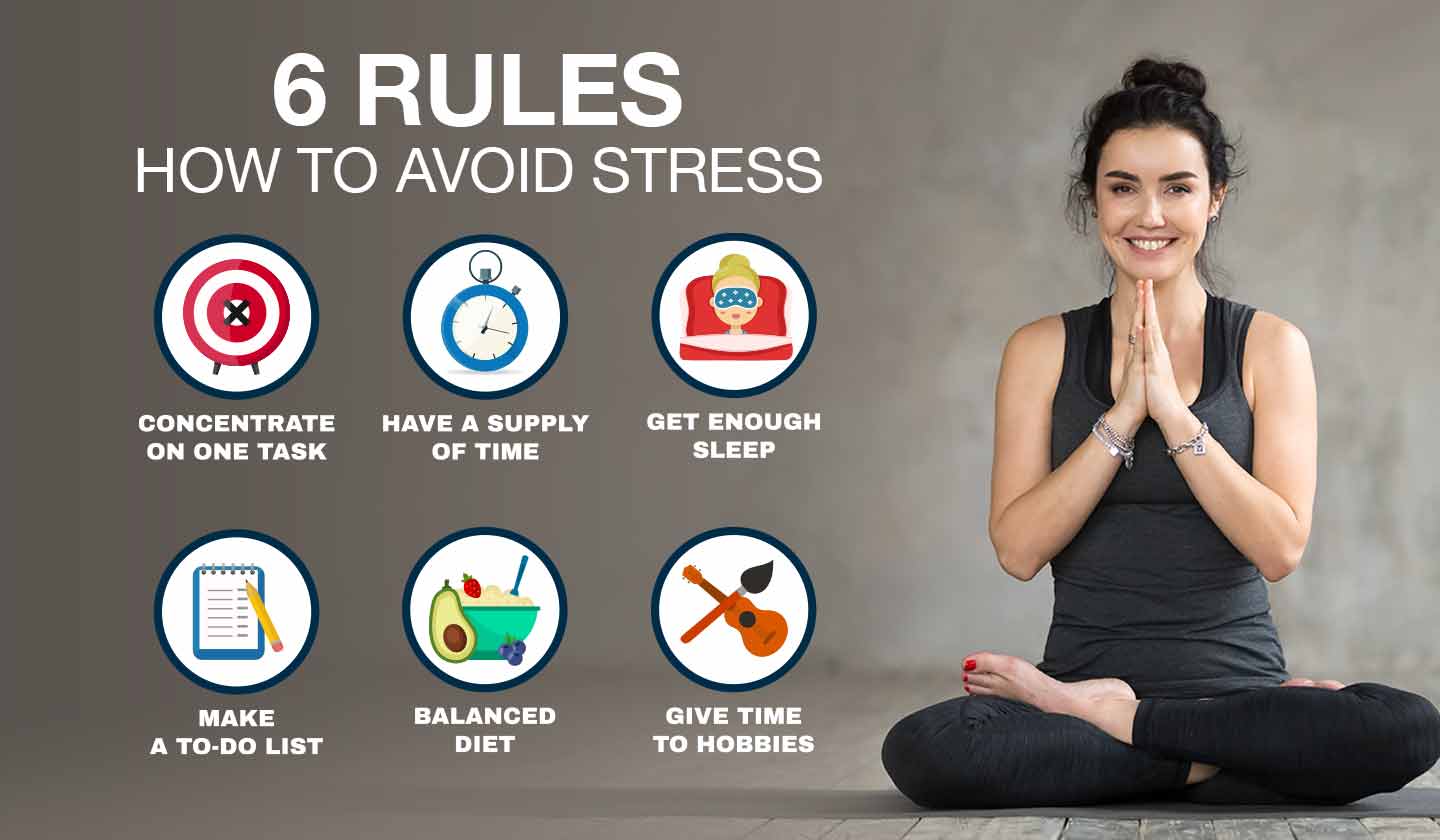Nervous system
In the meshes of stress

Stress is a physiological and behavioural response of the organism to a specific event which has already happened or is about to happen, and that makes us feel threatened and somehow disturbs our balance.
When we feel we are in danger (real danger or danger resulting from our imagination) the body's defences react quickly, in an automatic process known as a "fight or flight" reaction or "freeze" reaction. Note that, in the past, this automatic “fight or flight” response has helped to ensure man's survival when the environment required rapid physical reactions in response to threats, such as those of predatory animals. When confronted with danger, the body kicks in and secretes hormones (stress hormones) that increase heart rates, blood pressure and energy levels, and prepare you to deal with the problem.
Is stress a negative thing?
Stress can be positive and have a stimulating effect (it may contribute to better performances). Positive events that will imply a significant change in our life, such as getting married, having a new professional activity, pregnancy, moving to a new house or city, etc., can also make us tense and cause stress.
However, beyond a certain level of tension, stress ceases to be helpful and begins to seriously damage our health (resulting in mood, productivity, relationship, and quality of life changes) causing anxiety, fear, and loss of control.

What are the symptoms?
- Insomnia
- anxiety
- heart palpitations
- distress
- nervousness
- sexual dysfunction
- indigestion
- eczema
- migraine
- concentration and memory problems
- lack of confidence
- impatience
- irritation
- muscle tension
- skin problems
- excessive hair loss.
What is the cause?
The body's response to an event or a combination of external events that cause emotional imbalance in the individual and alter his/her behaviour. It is the body's attempt (through brain, nerve, and heart stimuli, and also through the stimulation of the endocrine and digestive systems) to adapt to external pressures, both personal and professional. The combination of these varied physical changes allows the body to metabolise more energy.

How to prevent it?
Practise physical exercise and learn relaxation techniques. Talk about your concerns, anxieties, and problems. "Venting out” is good for your health. Try to have more time for yourself and try to do something that distracts you and that enables you to relax for a few moments.
How to treat it?
If the stress is prolonged, medical follow-up might be necessary, including the prescription of soothing, antidepressant or anxiolytic drugs.

António Hipólito de Aguiar
(Pharmacist; University Professor)






